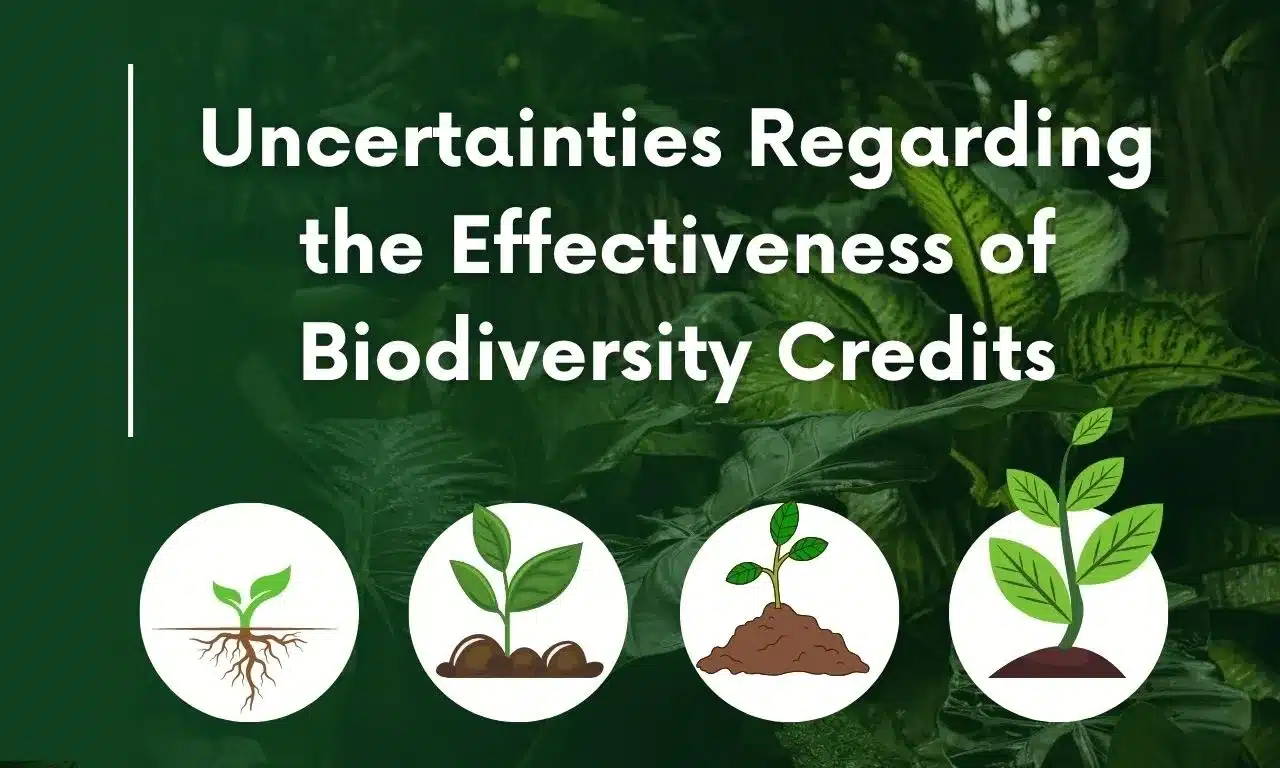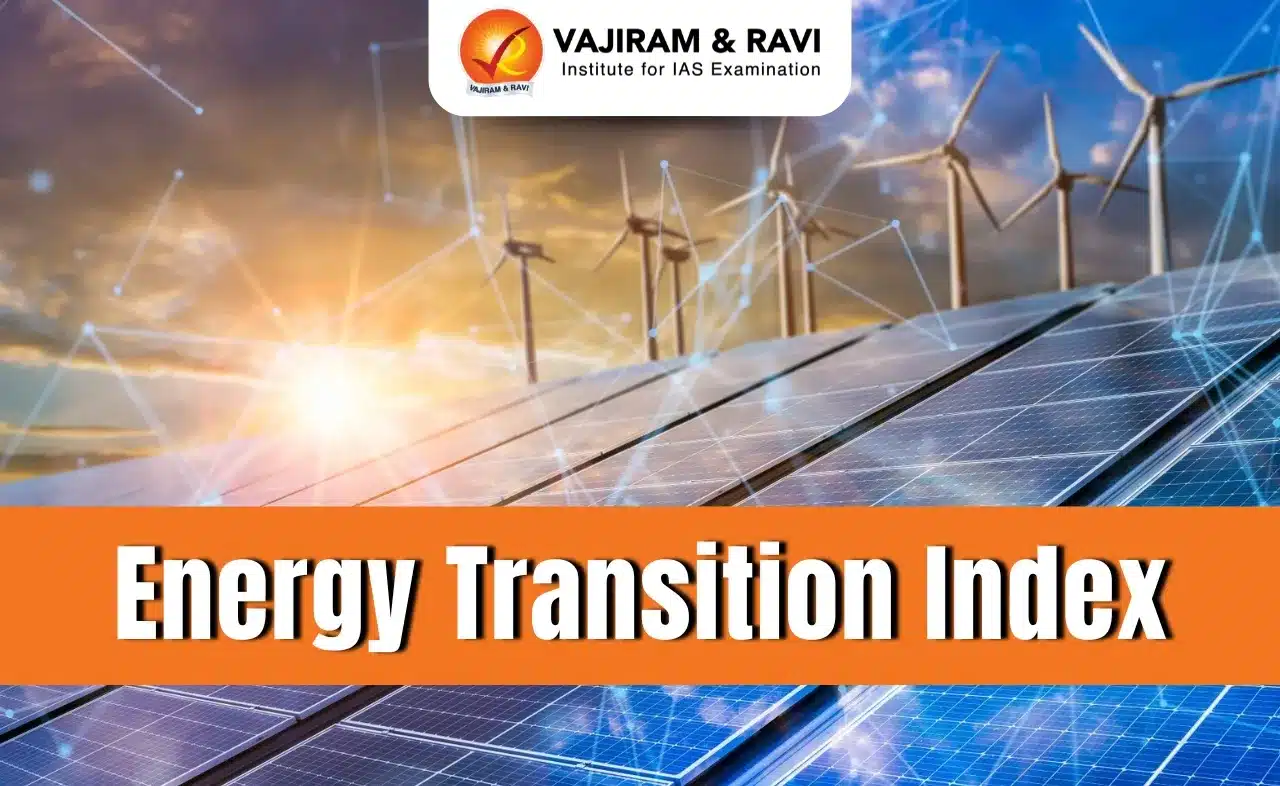What are Biodiversity Credits?
- Definition: A biodiversity credit is a verifiable, quantifiable, and tradeable financial certificate rewarding positive biodiversity outcomes, such as the conservation or restoration of species, ecosystems, and natural habitats.
- Biodiversity Credits (Biocredits) are gaining attention as a mechanism to finance biodiversity conservation and achieve the targets under the Kunming-Montreal Global Biodiversity Framework (KMGBF).
- The KMGBF, established during the 15th Conference of Parties (CoP15) of the Convention on Biological Diversity (CBD), aims to promote biodiversity conservation, sustainable use of natural resources, and equitable benefit-sharing.
- Key features: It represents a specific amount of land or marine habitat conserved or restored over a fixed period.
- Credits are generated by non-profits, governments, landowners, or companies and sold to private entities to fulfill biodiversity commitments.
- Examples of Biodiversity Credit Schemes:Terrasos, GreenCollar, ValueNature, CreditNature, Wilderlands.
- Market Overview:
- Current Market Value: Estimated at $8 million (World Economic Forum).
- Future Projections: Expected to grow to $2 billion by 2030 and $69 billion by 2050.
Biodiversity Credit Alliance (BCA)
- Purpose: A voluntary international alliance supporting the implementation of the Kunming-Montreal Global Biodiversity Framework.
- Focuses on Targets 19(c) and 19(d) of the frameworks.
- Targets under KMGBF:
- Target 19(c): Businesses must monitor, assess, and disclose their biodiversity risks, dependencies, and impacts.
- Target 19(d): Businesses must provide consumers with information to encourage sustainable consumption patterns.
- Mission: Develop a biodiversity credit market with science-based principles to guide conservation efforts.
- Governance:
- Secretariat: Facilitated by UNDP and UNEP Finance Initiative (UNEP FI).
- BCA Task Force: Decision-making body comprising methodology developers, standard setters, academic institutions, and representatives from Indigenous Peoples and Local Communities (via the Communities Advisory Panel).
Q1: What is the Green Credit Programme (GCP)?
The Green Credit Programme (GCP) is an initiative promoting environmental sustainability by incentivizing eco-friendly actions through tradable credits, encouraging industries, organizations, and individuals to adopt practices that support conservation, restoration, and sustainable resource management.
Source: DTE
Last updated on June, 2025
→ UPSC Notification 2025 was released on 22nd January 2025.
→ UPSC Prelims Result 2025 is out now for the CSE held on 25 May 2025.
→ UPSC Prelims Question Paper 2025 and Unofficial Prelims Answer Key 2025 are available now.
→ UPSC Calendar 2026 is released on 15th May, 2025.
→ The UPSC Vacancy 2025 were released 1129, out of which 979 were for UPSC CSE and remaining 150 are for UPSC IFoS.
→ UPSC Mains 2025 will be conducted on 22nd August 2025.
→ UPSC Prelims 2026 will be conducted on 24th May, 2026 & UPSC Mains 2026 will be conducted on 21st August 2026.
→ The UPSC Selection Process is of 3 stages-Prelims, Mains and Interview.
→ UPSC Result 2024 is released with latest UPSC Marksheet 2024. Check Now!
→ UPSC Toppers List 2024 is released now. Shakti Dubey is UPSC AIR 1 2024 Topper.
→ Also check Best IAS Coaching in Delhi
























